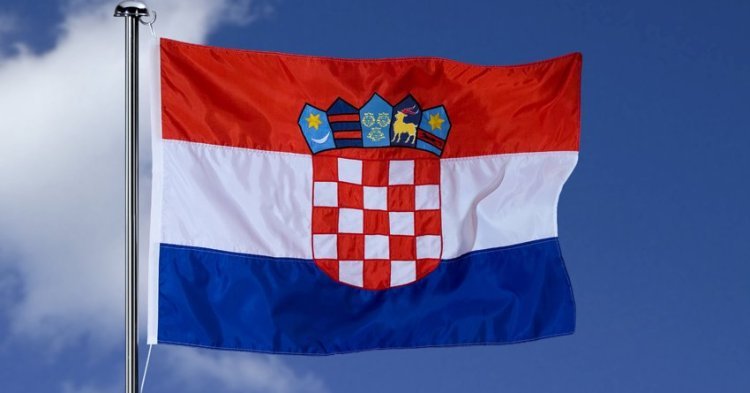The accession treaty has to then be ratified in all EU member states and in Croatia. “Today is a historic day for Croatia and the European Union”, declared President of the Commission, José Manuel Barroso, who also went on to “congratulate the Croatian authorities for their hard work over the years”.
Ever since the end of the regime of Franjo Tudman, successive Croatian governments have promised their citizens a rapid entry into the European Union. But problems remain with these statements, the deadlines pass without having a specific date fixed by authorities in Brussels. This discouraging process has created the Croatian public to doubt official statements of the EU.
A tiring race
What’s new with this statement for Croatian citizens? Nothing more than a new perspective of the accession. Ever since the positive outlook issued by the Commission on April 20, 2004, Zagreb has seen their membership as abandoned. It was anticipated that the country would have entered into the Union under the wave in 2007, however a number of chapters were not closed. Brussels blocked the process from following through in considering the shortcomings of the Croatian judicial system, which has ultimately prevented them from being able to enter the EU.
Thus, six years of negotiations are completed. They actually started in 2005, after the Sanader government had shipped war criminals to the International Criminal Tribunal for the former Yugoslavia (ICTY). Since then, Croatians have adapted their legislation to comply with European legislation in hopes of being welcomed to the community. The judicial system was reformed, the fight against crime and corruption has increased. “Croatian society has changed,” insisted Croatian President Ivo Josipović last week in Brussels.
But the marathon has been a challenging undertaking for the country, even if this statement and the accession process mark “the return in Europe” for some, the entire political spectrum doesn’t necessarily converge at this point. A number of Croatian politicians agree in declaring that the European imperium is harmful for their country, taking into consideration that “the Croatian negotiations are the longest with the strictest criteria.” These strict requirements may result in signs of slowing down after Europe’s enlargement.
The green light given by the Commission does not yet represent the finish line for Zagreb. “Croatia will continue to pursue its reforms. We also intend to participate in the reconciliation process in the region,” said President Josipović. However, many Croatians don’t share his enthusiasm. According to a survey, 44.6 % of the population support the accession of their country, whereas 41.8 % are opposed, fearing that the EU will “swallow” Croatia.
A referendum will be held within the month of the treaty being signed. But Croatian officials are confident: they predict that the support of the European membership will increase once the negotiations are complete. The twenty-seven nation bloc has yet to confirm the same view as the Commission. This will be verified by the end of June, presumably.
The hostility of the population comes from the additional conditions imposed on the country by the EU. Croatians often demonstrate their discontent with their leaders and the European Union, more specifically to the work of the ICTY. The conviction of General Ante Gotovina on April 15, 2011 reinforced this feeling of hostility towards the EU, whereas the process of accession has to be ratified by a referendum. This man, considered a national hero, is used as the icon of many anti-European slogans such as “Gotovina ili EU, uvijek Gotovinq!” (Gotovina or the EU, always Gotovina!).
The hope of the Yugosphere
These statements are not trivial, and they gives new life to the region. It represents the accession of countries into the EU who were the most wounded by the wars in the former Yugoslavia and turns the bloody page of a process of disintegration into the region. It has been barely 20 years that Croatia entered into a destructive war that devastated all of its territory.
This movement is not only the outcome in Zagreb; work and involvement in compromise are present all around this area. Croatia’s neighbor has just accomplished one of its international obligations to the ICTY by handing over the former military leader of the Bosnian Serbs, Ratko Mladic. Accordingly, Serbia welcomes this statement with great joy and hopes to be given candidate status this fall.
The two other countries that already hold candidate status in this region, Macedonia and Montenegro, happily welcome this measure. It comes at a time of stagnation and eurosepticism growing in the region. Macedonia is currently facing a political crisis that has suspended its membership. In addition, Belgrade frequently shows impatience that is not necessarily found to be a positive echo, and this situation is worsening the national and populist folds in these countries.
It was the thing to do. Give hope back to the Croatians and this region! The next challenge for Zagreb will be the referendum, which is far from won. The Croatian authorities and Europeans must do serious work in terms of communicating with the public so not to scare them away. Let’s meet on July 1, 2013 in Zagreb!


Follow the comments: |
|
